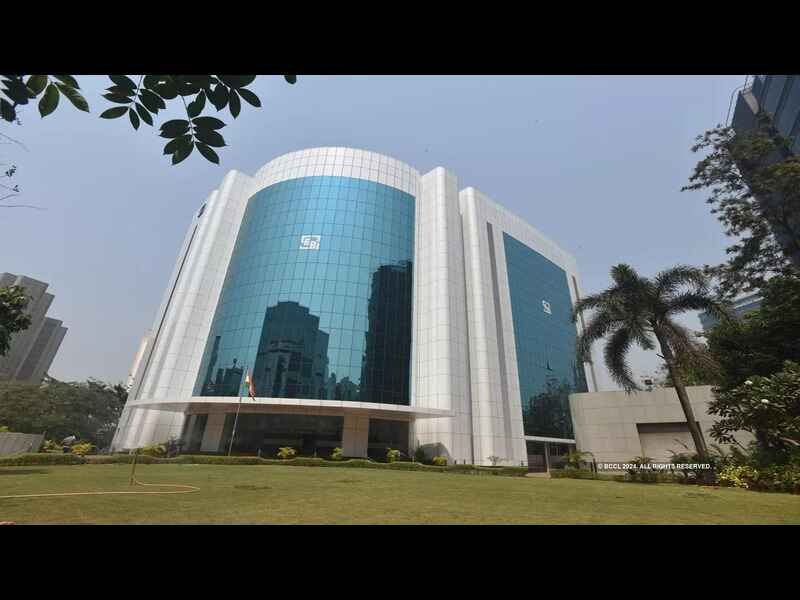The Securities and Exchange Board of India (SEBI) has announced that it has refunded Rs 1,022 crore to nearly 21 lakh investors of PACL Ltd, a company that ran illegal investment schemes for decades. The refund process was initiated by the Justice (Retd.) R.M. Lodha Committee, which was constituted by SEBI in 2016 to sell the properties of PACL and use the proceeds to repay the investors. The announcement came as a relief to the investors who had been waiting for their money for years.
Refund Details
According to SEBI, the refund has been made to those investors whose claims were up to Rs 19,000 and whose applications were successfully verified by the Committee. The Committee has also asked the eligible investors to submit their original PACL registration certificates by October 31, 2023, by sending them through registered or speed post to SEBI Bhawan in Mumbai. The Committee said that it will process the refund claims after verifying the original certificates and matching them with the data available with it.
PACL Background
PACL, formerly known as Pearl Agrotech Corporation Ltd, had collected over Rs 60,000 crore from crores of investors through various schemes that promised returns on investment in agricultural land. However, SEBI found that PACL was not engaged in any genuine real estate business and was running a collective investment scheme without registration. SEBI also found that PACL had diverted the funds collected from the investors to other businesses and entities.
SEBI’s Order and Supreme Court’s Intervention
In 2014, SEBI ordered PACL to wind up its schemes and refund the investors within a year. However, PACL failed to comply with the order and challenged it in various courts. In 2016, the Supreme Court upheld SEBI’s order and appointed the Justice Lodha Committee to oversee the sale of PACL’s assets and distribution of funds to the investors. The Supreme Court also directed PACL to cooperate with the Committee and furnish all the details of its assets and liabilities.
Asset Sale and Website
The Committee has been conducting an e-auction of PACL’s properties across the country since 2017 and has so far realised over Rs 1,800 crore. The Committee has also set up a website (www.sebipaclrefund.co.in) where investors can check their claim status and get updates on the refund process. The website also provides information on the properties being auctioned, the FAQs, the public notices and the steps for mobile number updation.
Recent Blog : E-Mobility Boost: M&M, Volkswagen Enter Supply Agreement
